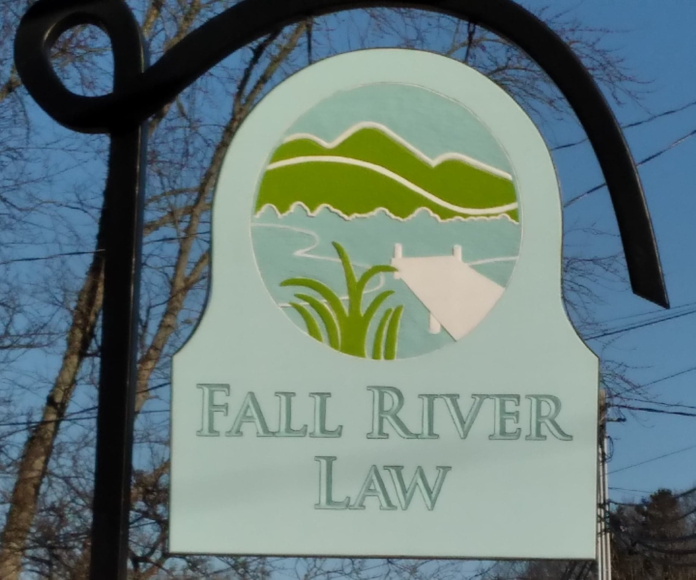This column is submitted by Fall River Law
I am a big believer in getting things done as affordably and agreeably as possible. Collaborative Family Law helps me achieve that for my clients. When separating from your partner the collaborative family law process doesn’t look like a separation that you see on TV. There is no winner or loser like court; it is not a battle.
Collaborative law is two spouses still respecting each other and being reasonable negotiating solutions for dividing their stuff (assets) and debts; how they will parent their kids in two homes and how to do this financially, so everyone is going to be okay. Collaborative family law keeps these decisions in the hands of the spouse/parents as they are the ones that must live with these decisions.
So, what’s so great about Collaborative Law? Here are 5 reasons that I believe in the Collaborative Process
- There is a team to help you, and each member does the job that they do best
You can design Collaborative Family Law to fit what you believe that you need, there are a number of trained professionals and you get to choose your team. Each spouse would have their own collaboratively trained lawyers, but there are also neutral collaboratively trained mental health professionals, and a financial neutral that can join your team. You work with each member of the team separately at first, and they would help you in the area that they are trained. For instance you would work with the mental health professional to work on communication and parenting, you would work with a financial neutral to assist you both in gathering the financial information, and the collaborative family lawyer do what they do best — facilitate a dialogue and help couples reach agreements.
- The threat of Court is removed
At the beginning of the process both parties and both lawyers sign a contract saying that they will not go to court. So that means if the process breaks down, each party will have to find a new lawyer to go to court. So why is that a good thing? Well it is because everyone should feel more at ease and open to discussing any suggested solutions. Couples should feel motivated to talk openly about lots of really important stuff about their kids their future and even their relationship which some things are not relevant or allowed to be spoken about in court. You can speak openly without fear of your words being used against you in court later.
- Collaborative Law deals with the emotions associated with a separation
The end of a relation is something that needs to be mourned in the same way that we would mourn any important person in our lives. The feelings that you are experiencing are probably a confusing mess of happy, sad, hurt, betrayal, loss and hope. The more emotion and upset between you and your spouse, the more difficult it may be to reach agreements. The Collaborative Process assists you and your spouse to work through any emotions that are stopping you from moving forward, because otherwise the disagreement and conflict will make the process longer and more costly. The collaboratively trained lawyers and mental health professional can help to coach each party through these emotions, both individually and in team meetings, so that agreements can be reached.
- You can get things done quickly
It takes a long time to get anything in front of a Justice in Court, especially right now due to Covid-19. The collaborative process avoids those wait times associated with Court and scheduling team sessions is just based on the availability of your lawyers and you.
- Improves communication, now and in the future
In Collaborative Family Law you have to sit down and work together with your spouse, which means that you need to learn how to effectively communicate with them. The collaborative team are specially trained to foster this communication and to give you the tools to be able to address hard subjects effectively. These skills are essential not only for coming to agreements at the time of separation, but for any future communicating and decision making that will come up caring for your kids in two homes.
Just like anything else, Collaborative Family Law is not appropriate for everyone, and not every couple going through a separation is a good fit for it.
To find out if Collaborative Family Law is a good fit for you, or for more information you can contact Fall River Law.
This column is submitted by:
Error, group does not exist! Check your syntax! (ID: 9)







